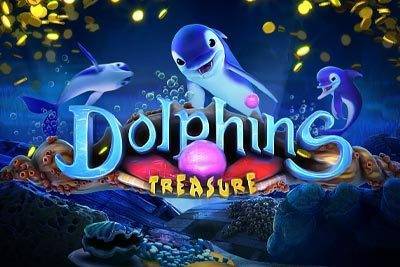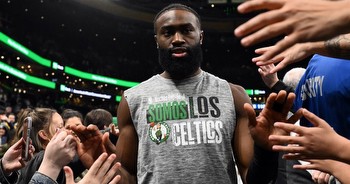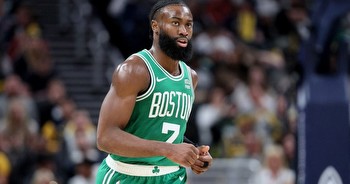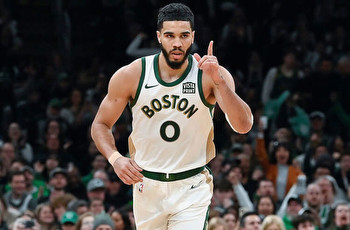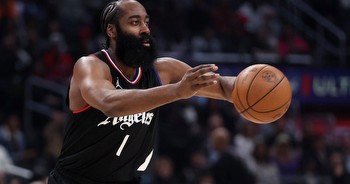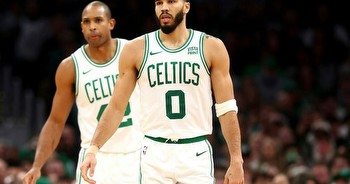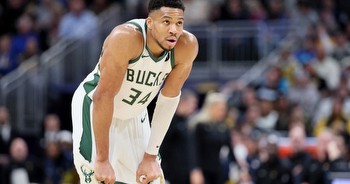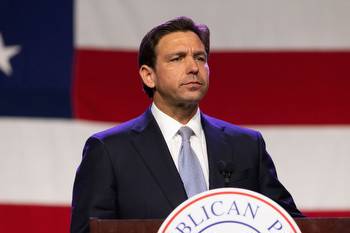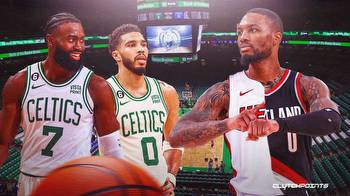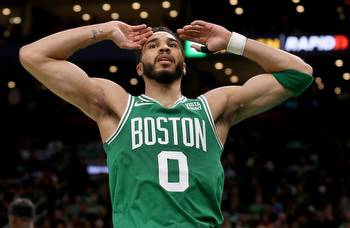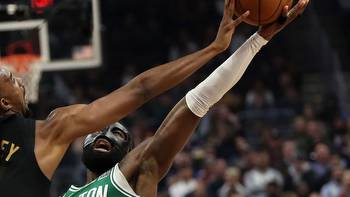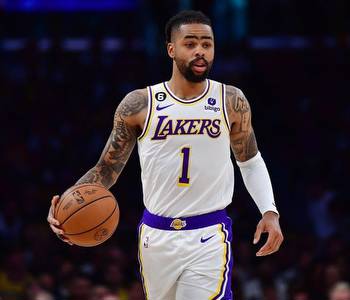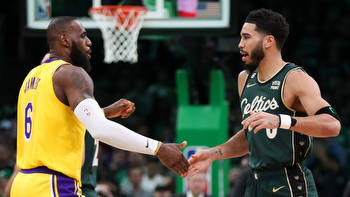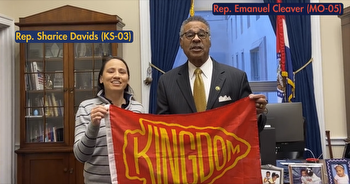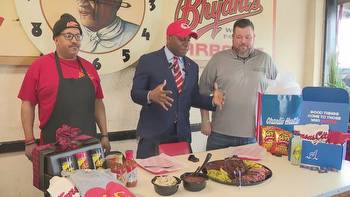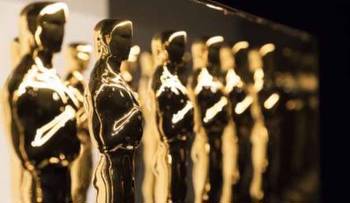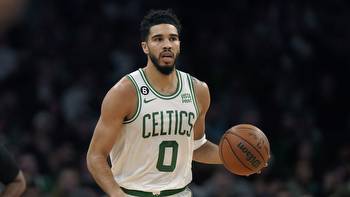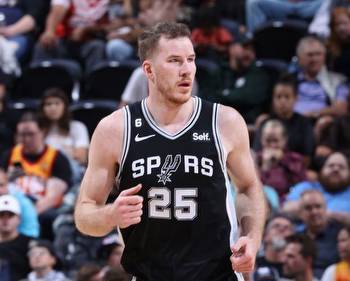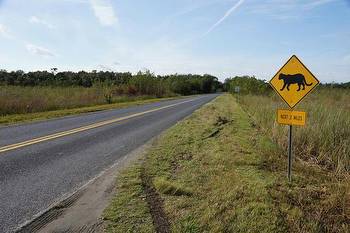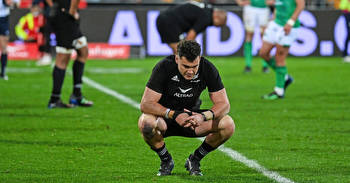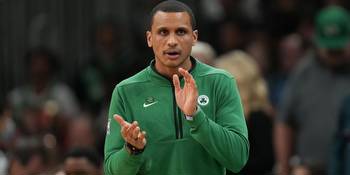FBI snooped on Bill Russell for discredited Black Panther links, betting, more
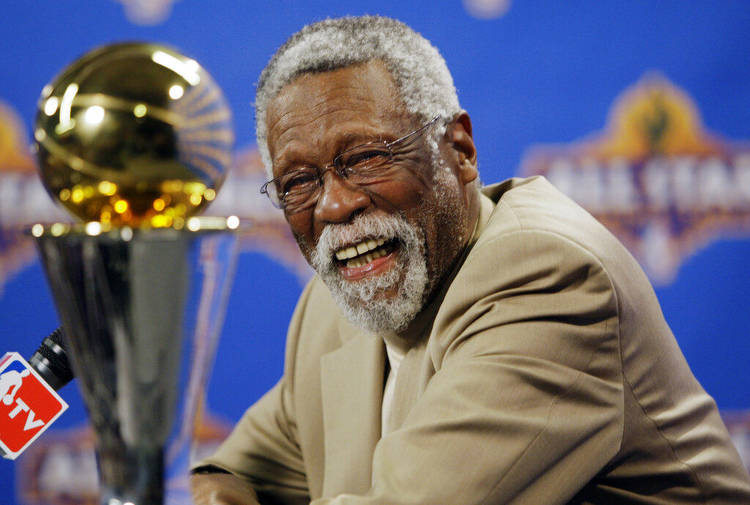
Newly released FBI documents show Celtics legend Bill Russell was being shadowed by the feds for possible ties to the Black Panthers and allegedly gambling on hoop games.
He was also interviewed by the FBI after a “threat was made against his life” and the State Department allowed the FBI to review Russell’s passport.
That passport document from 1968 listed his date of birth in Monroe, La., Feb. 12, 1934, his height, 6-feet, 9-inches tall, his wife, parents, address in Reading, Mass., on Haverhill Street and his occupation: Professional athlete.
It’s all part of the first installment of documents — some heavily redacted — on the legendary center who won a staggering 11 championships in Boston as a player and player-coach. The Herald obtained the records under the federal Freedom of Information Act.
The news that the FBI snooped on Russell upset one former teammate who blasted the G-men for targeting a Civil Rights icon and genuine superstar.
“Rus was a Black activist and that gets people’s attention. Also when you win all those championships, it gets attention,” said Bob Cousy, a fellow Hall of Famer who said Russell was ahead of his time.
“He was part of the most significant team in American history,” Cousy said Friday. “I have no idea why the FBI was around. It’s a surprise to me.”
Cousy, 94, of Worcester, said he’s “reached the age where your cynicism has no bounds,” adding the FBI hasn’t distinguished itself lately.
“I love this country yet I’m cynical. Given the revelations from the last few years with the FBI, I used to have great respect for the agency,” he said. “The FBI has been politically involved lately.”
If the FBI had Dr. Martin Luther King Jr. followed, as they did, Russell was probably next on the list, Cousy added.
He said his teammate — who died last summer at the age of 88 — did struggle with paying taxes on time and wasn’t the best businessman, but other than that he was an inspiration. Cousy said the late Red Auerbach, the architect of the Celtics dynasty, would work his government connections to shield his star center from trouble, but that was the extent of what he knew about.
The FBI documents show that Russell faced scrutiny from the agency in 1971 for what documents state were possible links to the Black Panther Party. He was also dogged for agreeing to help the NAACP with what appears to be harmless hoop clinics in Mississippi.
Under the subject line “RACIAL MATTERS,” the FBI wanted to “discreetly determine the extent” of Russell’s involvement in the “Black Panther Party (BPP) or other black extremist or militant activities.”
That memo said Russell, then living in Los Angeles starting a TV career post-NBA, had “been in touch with BPP leader Huey Newton” and was planning on “traveling to Algiers” to interview “fugitive BPP leader” Eldridge Cleaver. That memo was stamped “confidential” in 1971.
Sources were cited by the FBI who were used to spy on Russell’s whereabouts. Those sources, one FBI memo adds, could not be revealed to all the brass cc’d in the documents because it “will adversely affect national security.”
Another document shows the FBI was concerned about Russell bringing back “tapes” from Algiers “prepared by Eldridge Cleaver, Minister of Information of the BPP.”
The BPP was founded in Oakland, Calif., in the mid-1960s clashing with police, with Russell telling Newton to push back at criticism by saying he was doing “what you think is right,” one dispatch states. FBI Director J. Edgar Hoover in 1968 called the Black Panthers the “greatest threat to the internal security of the country.”
That put Russell on the agency’s radar because of his celebrity.
As Cousy reminded the Herald Friday, Russell also struggled mightily with Boston’s racial strife during his playing days and the FBI documents reflect that tension.
“Intelligence unit, Boston Police Department, advised Russell had a reputation of being ‘an arrogant black’ in that he generally refused white children his autograph in an abusive way,” one document states. “(Redacted) described Russell as a person who sometimes changes his position on a daily basis.”
That memo, dated 4/29/71, adds Russell “could not be considered a radical nor did he know of any radical organization in which he was a member.”
The G-men studied his LA driver’s license record, criminal history files from his college days playing in San Francisco, and checked his phone number. They found nothing on him.
They even obtained a photo from a birthday party for Angela Davis — who had ties to the Black Panthers — to see if he was the “Bill Russell” who sang at the event. He was not.
The FBI goes on to write in a document stamped September 8, 1971, that an investigation “has failed to develop significant information regarding RUSSELL’s activities and he does not meet the criteria for inclusion on the Security Index.” That part of the file on the NBA legend was then “closed.”
A 1974 memo does state that Russell was named in a “sports bribery investigation conducted by the FBI in 1966” along with two other unnamed players. In that case, $11,000 was bet on the “Philadelphia team to win the basketball game with the Boston Celtics in November, 1966.”
The memo goes on to state: “Of the $11,000 sum, either $2,000 or $3,000 was bet by Russell for Boston teammate Sam Jones. The bet placed by Russell resulted in his loss.” That memo adds that back then, betting on games you played in “did not constitute a violation of the Sports Bribery statute … and further inquiry did not establish prosecutable evidence during the basketball season.”
The FBI document dump comes as every player in the NBA is wearing jerseys with a number 6 patch on them in honor of Russell. That number has been retired league-wide — with a few players, notably the Lakers LeBron James, allowed to keep their number 6 jerseys until they retire. It’s the first time the NBA has made such a move.
Jaylen Brown, No. 7 for the Celtics, was quoted as saying about Russell’s legacy that “he represented a type of nobility and honor that transcended sports.”
The FBI did not reveal in any document, or in written correspondence with the Herald, if this is the only installment from the files on the late, great William Felton “Bill” Russell. The Herald is seeking more.
